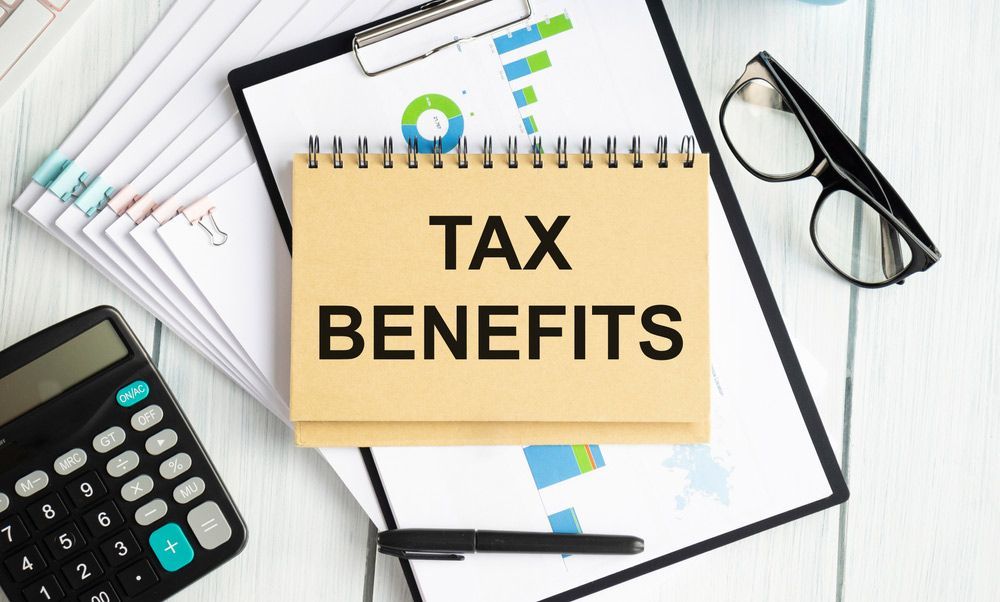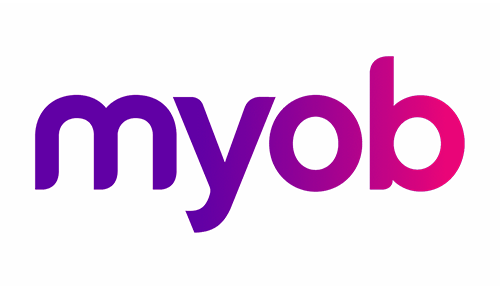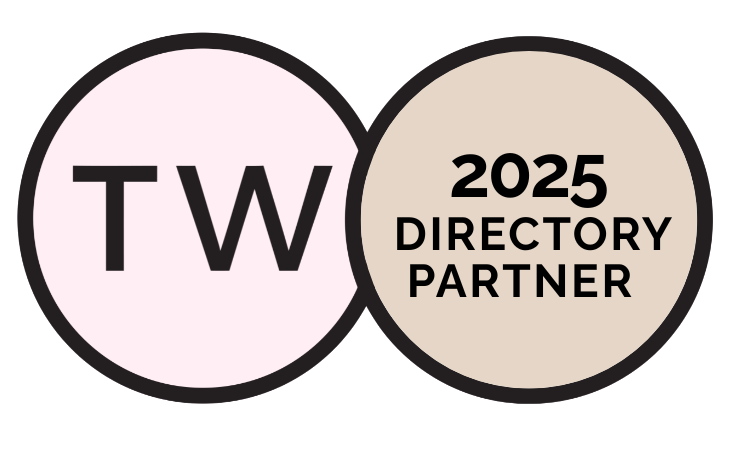Managing Fringe Benefits Tax on the Central Coast
Professional Team
Wide Service Range
Customer Service-focused
Calculating, Reporting & Lodging FBT
Dynamic Accounting Taxation Advisors offers comprehensive Fringe Benefits Tax (FBT) services to businesses in Gosford, Erina, Bateau Bay, Lisarow, The Entrance, Woy Woy, Wamberal, Kincumber and surrounding Central Coast areas.
We aim to help employers manage FBT compliance by calculating, reporting and lodging FBT on non-cash benefits provided to employees. Our team's goal is to simplify the complexities of FBT, seeking to minimise tax risks and ensuring compliance with ATO regulations.
For professional assistance in managing your FBT obligations, contact us on (02) 4385 7365 to discuss how we can support your business needs.
What is FBT?
FBT in Australia is a tax paid by employers on certain non-cash benefits provided to employees or their associates. Common examples include private use of company cars, entertainment or housing allowances.
FBT is calculated separately from income tax and is based on the taxable value of the benefits, which is then "grossed up" to account for income tax rates. The FBT year runs from 1 April to 31 March, and employers must report and pay FBT annually to the Australian Taxation Office (ATO).
Frequently Asked Questions
What is Fringe Benefits Tax (FBT), and how does it apply in Australia?
Fringe Benefits Tax (FBT) is a tax applied to non-cash benefits provided by employers to their employees or their associates, such as family members.
In Australia, FBT is separate from income tax and is calculated based on the taxable value of the benefits. Examples of fringe benefits include company cars, entertainment expenses, low-interest loans and private health insurance. FBT can ensure that these additional benefits are taxed fairly, as they effectively increase the employee’s total remuneration.
Employers are responsible for calculating, reporting and paying FBT to the Australian Taxation Office (ATO). FBT is charged at a fixed rate, and compliance is essential to help avoid penalties.
What types of benefits are subject to FBT?
Various non-cash benefits are subject to FBT in Australia, including the private use of a company vehicle, low-interest loans, housing assistance, entertainment (such as meals and tickets to events) and expense payments reimbursed by the employer.
The ATO provides specific guidance on which benefits are taxable and how to calculate their taxable value. Some benefits, such as minor benefits under $300, may be exempt or have reduced tax obligations.
Properly recording all fringe benefits is essential to help calculate FBT accurately and comply with ATO requirements. Employers often work with accountants to help manage this complex tax efficiently.
How is FBT calculated, and when is it due?
FBT is calculated based on the taxable value of all fringe benefits provided during the FBT year, which runs from 1 April to 31 March.
To determine the FBT payable, the taxable value of each benefit is adjusted by a “gross-up” rate, which accounts for the income tax employees would have paid on the benefits. The ATO can provide specific rates and instructions on grossing up different types of benefits.
Once calculated, FBT is reported and paid annually, usually by 21 May, unless the employer lodges via a tax agent, which may extend the deadline. Timely and accurate reporting is essential to help avoid penalties and interest charges.
Are there any exemptions or reductions available for FBT?
Yes, certain benefits are exempt from FBT or qualify for concessions that reduce FBT liability. For example, “minor benefits” with a taxable value under $300, such as small gifts or meal allowances, may be exempt if they meet specific criteria. Benefits like work-related portable electronic devices and tools of trade are also exempt in certain cases.
Additionally, benefits provided by public hospitals, charities and other not-for-profit organisations may qualify for FBT concessions. These exemptions and reductions can significantly lower the total FBT liability, so employers often work with tax professionals to help ensure they claim all eligible exemptions correctly.










